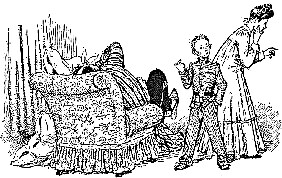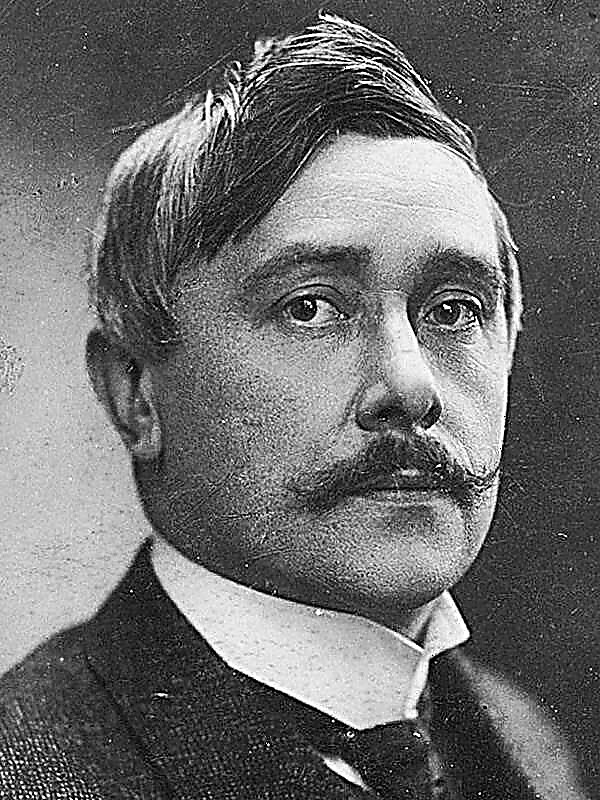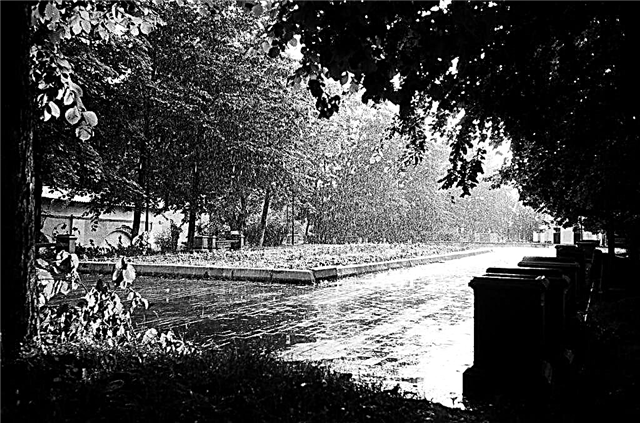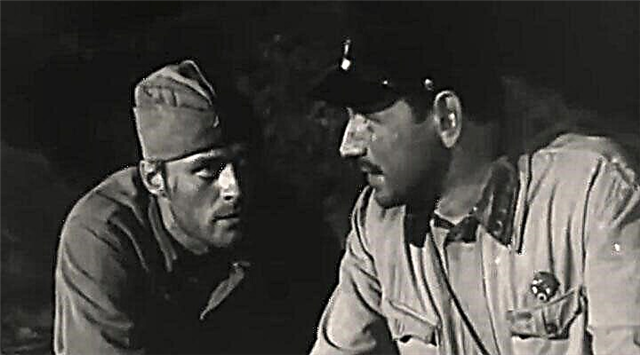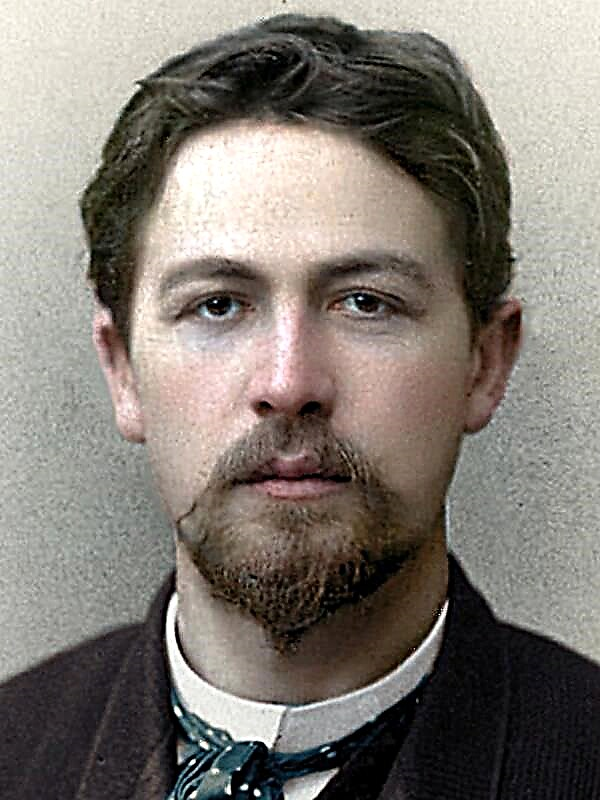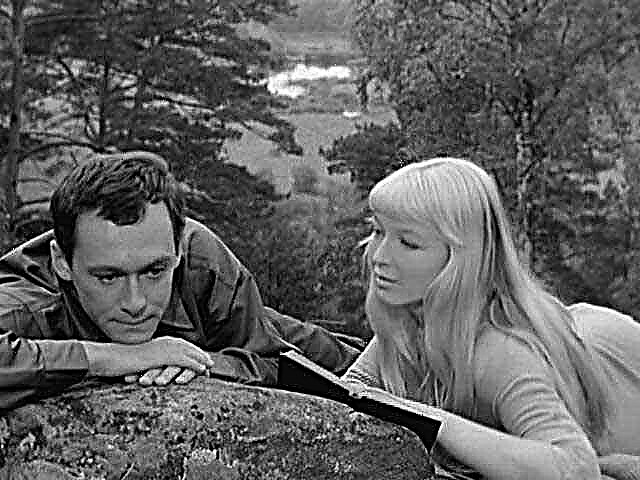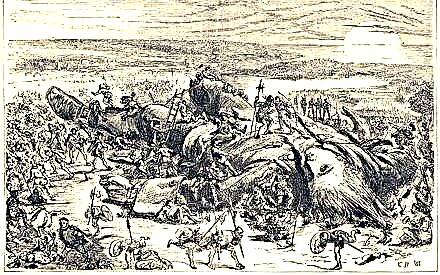(294 words) In 1956, the great Soviet writer and journalist Mikhail Alexandrovich Sholokhov wrote the story “The Fate of a Man,” which tells about the life of the driver Andrei Sokolov with the outbreak of World War II. The plot of the story is based on the sad and, unfortunately, real story of a person who went through the hardships of war, suffered torment and suffering.
The name, traditionally, reflects the main theme and the key idea of the entire work, and in this case the story “The Fate of Man” is no exception. Before the terrible times, the main character lived like an ordinary person: he had a family, a loving wife, beautiful children, a house built with his own hands, but nothing lasts forever. Suddenly, the war first tore him from his home, and then took everything to the last. It would seem that from such a number of troubles he could break down, become isolated, become angry with the whole world, but Andrei Sokolov did not lose his humanity in the battle, retained a good heart and, realizing how much the war had robbed others, adopted the boy Vanya, who lost parents.
Thus, in his work, Mikhail Sholokhov describes the fate of not only one person, but unites the fate of a huge number of people, a whole nation that went through all the horrors of war, the pain of losing loved ones, the fear of death. But, left on the street without food and water, they were not broken, they showed all their courage, courage, courage that a person can have. Among these people were not only adults and old people, everyone: both children and youth suffered equally, shared the torment of occupation with each other, and, in the end, still survived. In the description of the protagonist, the author notes his eyes “as if sprinkled with ashes; filled with such inescapable longing. ” These eyes are not just Andrei Sokolov, these are the eyes of the entire Russian people, whose fate the war once again woven together. So Mikhail Sholokhov shows what an enormous price our ancestors had to pay so that future generations had the right to exist, so that humanity would not perish.

